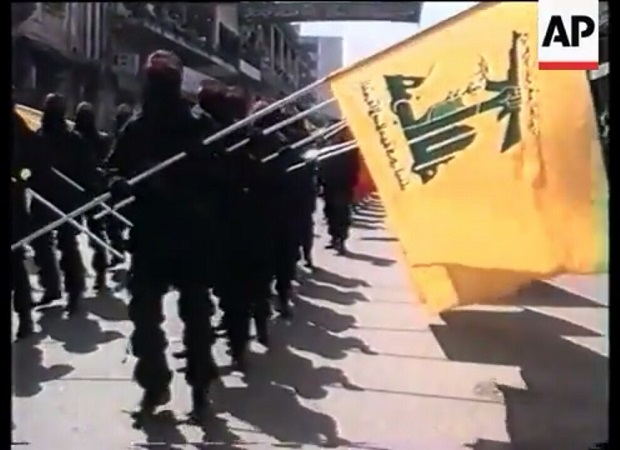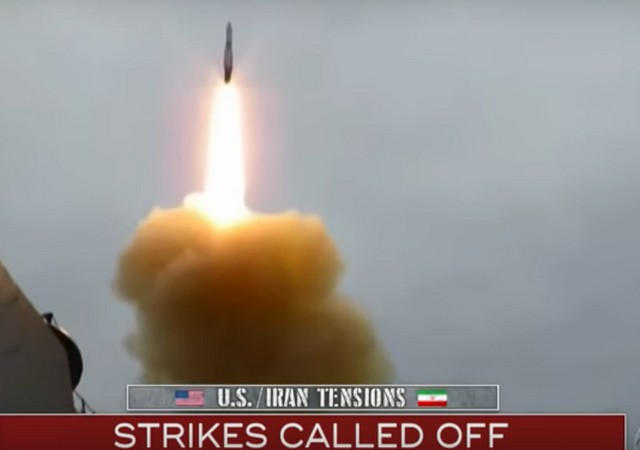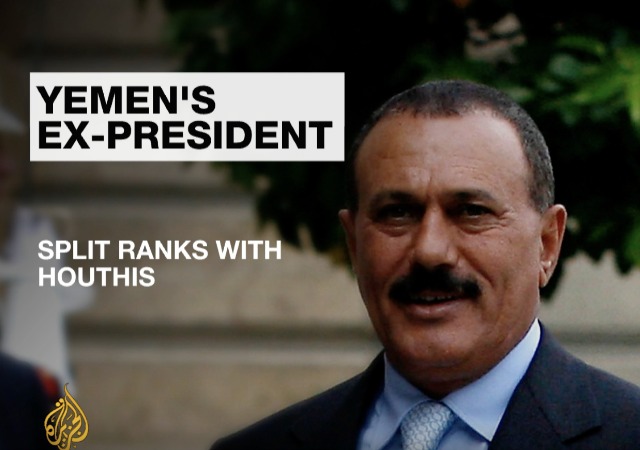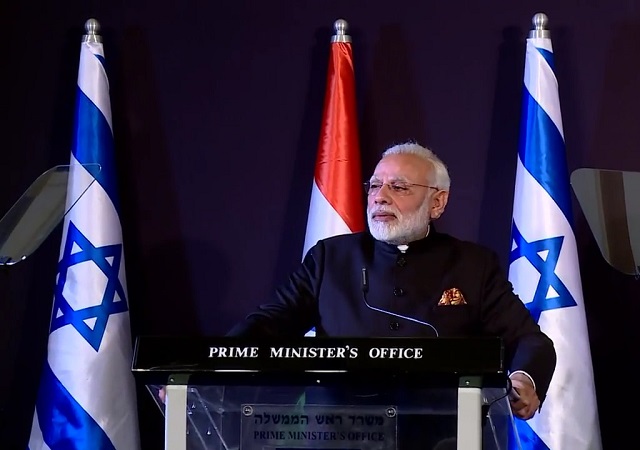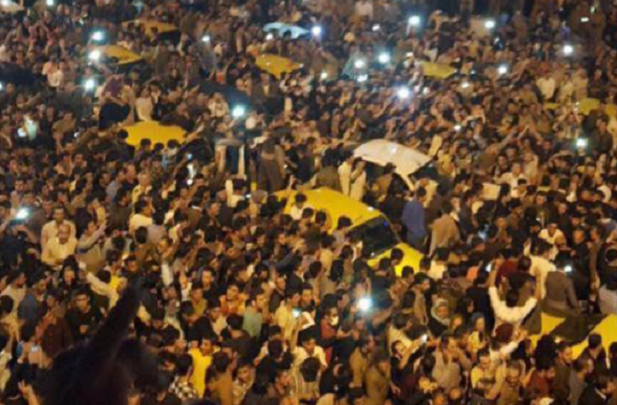Palestinians “Pained” as US, Israeli Delegations Arrive in UAE Following Landmark Peace Deal
on September 01, 2020
25 Comments
The Palestinians are "deeply pained" to witness the flight carrying the first official Israeli delegation to the United Arab Emirates following the last month's historic peace agreement brokered by President Donald Trump, Palestinian Authority Prime Minister Mohammad Shtayyeh said. "It pains us to see an Israeli plane land in the United Arab Emirates," he complained, as the first-ever commercial flight from Israel to the UAE landed at the Abu Dhabi airport on Monday.



